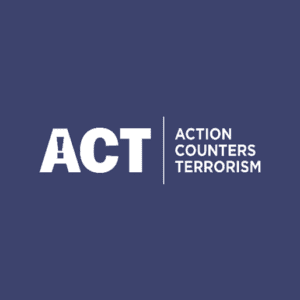PREVENT AGENDA
What is the Prevent duty?
The aim of the Prevent Duty is to reduce the threat of terrorism in the UK by working actively to stop individuals from supporting terrorism or becoming terrorists. The expectation placed upon schools and childcare settings is that they will work closely with a multi-agency support network (including contacts such as the Police and the Local Safeguarding Children Board) to raise awareness of issues of extremism, and to support individuals who are vulnerable of being drawn into terrorism.
The current legislation surrounding Prevent duty came into force on 1st July 2015, and remains a staple feature of every UK school, college, nursery, or other childcare setting’s safeguarding policy. If you are a teacher, or work in any of these institutions, you will undoubtedly require Prevent training.
At its heart, Prevent is another form of safeguarding; an extension of the policies that should have already been in place prior to the Prevent strategy’s introduction.
The Prevent duty guidance requires that:
- School staff have undertaken training in the Prevent Duty as identified by their leaders and managers including the Head teacher.
- School staff are aware of when it is appropriate to refer Prevent related concerns about students, learners or colleagues to the Prevent officer, usually the provider’s safeguarding officer – Mrs Charlesworth & Mrs Horrocks
- School exemplify British values of “democracy, the rule of law, individual liberty and mutual respect and tolerance for those with different faiths and beliefs” into their practice.
OUR COMMITMENT
St. Paul’s CE Primary School are fully committed to safeguarding and promoting the welfare of all learners. We recognise that safeguarding against radicalisation and extremism is no different from safeguarding against any other vulnerability. All our staff, learners and services are expected to uphold and promote the fundamental principles of human rights and British values, including democracy, the rule of law, individual liberty and mutual respect, and tolerance of those with different faiths and beliefs.
This statement reinforces our expectation that staff are fully engaged in being vigilant about radicalisation and extremism; that they overcome any professional disbelief that such issues will happen here and ensure that they work alongside each other, professional bodies and external agencies to ensure that our learners are safe from harm.


